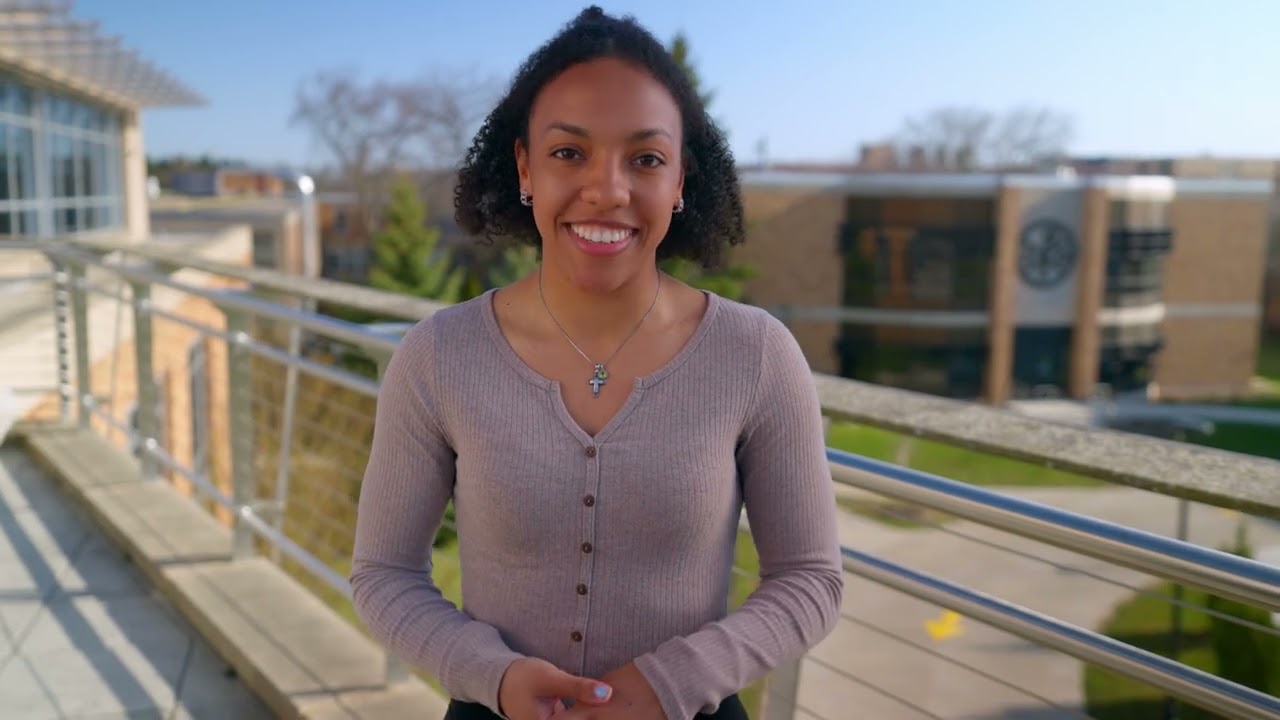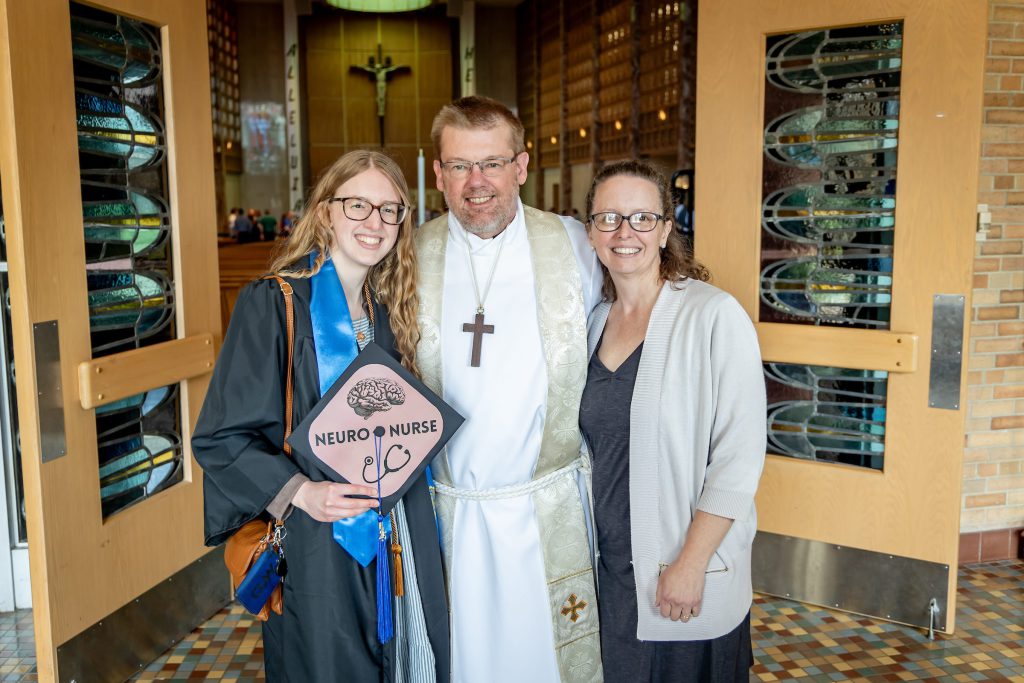Credits
83-97
Positively impact communities as a Christ-centered occupational therapist who empowers others to reach their highest potential through leadership, best practice, advocacy, and innovation.

The OT program at Concordia University Wisconsin prepares students to obtain employment in a variety of settings. The didactic coursework, community-based experiences, and clinical education come together to prepare students as entry-level occupational therapists. Students participate in clinical experiences which include individual and group treatment sessions in pediatric and adult populations. At CUW, we prepare uncommon OTs who are ready to serve their communities and clients.
Virtual TourThe mission of Concordia University’s Occupational Therapy Doctorate program is to positively impact communities by developing Christ-centered occupational therapists who empower others to reach their highest potential through leadership, best practice, advocacy, and innovation. We emphasize the importance of serving all clients with the best care possible. You’ll develop the skills necessary to enable people (persons, groups, or populations) to do their daily occupations to improve or enabling participation (OTPF-4, 2020). By combining classroom, laboratory, and supervised clinic-based instruction, our courses train you for a wide range of occupational therapy settings. An emphasis on advocacy, leadership and research will prepare you for a role as a change maker in the system you work in.
Our occupational therapy curriculum offers you exposure to many real-world scenarios that will test your knowledge. You’ll have multiple opportunities for client contact, ranging from children to older adults, school systems to acute care and community wellness programs. Some of these experiences are clinical fieldwork placements, while others are client evaluation and consultation in a classroom or community setting. In your first year, you’ll begin working with clients in the community to put theory into practice.
This is a full time graduate professional program taught in a blended format. Students interact with their classmates and professors online before and after in person classes, which focus on active learning and/or lab activities. Students enroll in one of three tracks, as determined by their educational background:
Students should expect to pay the tuition and fees as noted on the Tuition & Fees tab.
Students enter the entry-level Occupational Therapy Doctorate (OTD) degree through the MOT program. Throughout the first semester of the MOT program, students explore the OTD option. During the second semester, students choose to continue in the MOT program or apply to the OTD program. Students who apply to the OTD program will be evaluated by the OTD admissions committee to determine eligibility and appropriate fit for the OTD coursework, which requires higher thinking, commitment, and additional curricular requirements.
The entry-level occupational therapy doctoral degree (OTD) program is accredited by the Accreditation Council for Occupational Therapy Education (ACOTE) of the American Occupational Therapy Association (AOTA), located at 7501 Wisconsin Avenue, Suite 510E Bethesda, MD 20814. ACOTE’s telephone number c/o AOTA is (301) 652-6611 and its web address is www.acoteonline.org.
Students must complete 24 weeks of Level II fieldwork as well as an individual 14-week capstone experience within 24 months following the completion of the didactic portion of the program. The doctoral capstone experience must be started after completion of all coursework and Level II fieldwork as well as completion of preparatory activities defined in 2023 ACOTE OTD Standard D.1.3.
Program data specific to the OTD program at Concordia University Wisconsin on the National Board for Certification in Occupational Therapy (NBCOT) Exam can be found here.
The accelerated master's program gave me an opportunity to complete my master's degree in 4.5 years instead of 6 and allowed me to maximize my time, finances, experiences, and resources to complete the degree I needed to move into my professional career at a young age.

Across Wisconsin and the nation, healthcare systems are facing a critical workforce shortage. Concordia University Wisconsin is helping meet this urgent need by preparing 388 healthcare graduates in the class of 2025 who are ready to serve where they are most needed. Read More
When the Wisconsin winter sets in, icy sidewalks, freezing temperatures, and limited mobility can...
Congratulations to CUW's September Students of the Month, Carolyn Bourgeault and Andrew...
Occupational Therapy faculty member Bobbie Vergo has partnered with Concordia’s Human...
Imagine a space buzzing with collaborative energy as OT and PT students worked side-by-side,...
Our program strongly welcomes and educates students who are committed to caring for patients in mind, body and spirit with an emphasis on primary care and preventative medicine, as well as continual lifelong learning.
Our Masters in Speech-Language Pathology program develops speech-language pathologists (SLPs) to prevent, assess, diagnose, and treat speech, language, social communication, cognitive-communication, and swallowing disorders in individuals across the life-span
The Master of Science in Athletic Training program at CUW is designed to prepare graduates to enter into a variety of employment settings and to render health care to diverse individuals engaged in physical activity.
Our team is standing by to assist you with additional program details, financial aid options, and admissions questions.
Loading...